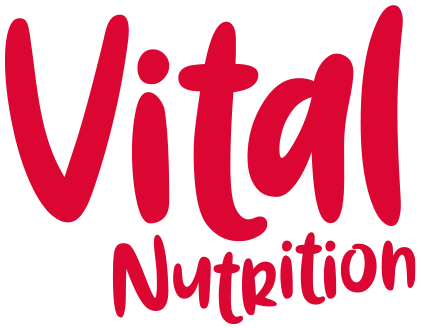Are you feeling SAD?
As the days become chillier and the nights draw in earlier, it is oh so tempting to curl up with some comfort food and a Netflix box set and hibernate our way through the darker days.
For some people, the onset of the winter months can be like a switch into low mood, depression and fatigue. The mental health charity Mind estimates that 1 in 10 people suffer with SAD. Signs of Seasonal Affective Disorder (SAD) include low mood, disinterest or lack of pleasure in everyday activities, fatigue and lethargy, tearfulness and an increase in appetite.
It is thought that SAD is caused by a change in our circadian rhythm in the winter months. Due to lack of sunlight, melatonin (our sleep hormone) levels are higher and serotonin (our happy hormone) may be lower.
So what can you do about it, and has nutrition got its part to play in supporting better mood and energy as we move through the darker days of the year.
Here are some things that may make a difference:
Create a new routine. Make time in your day to get outside in daylight. This could be a walk before you start work, planning your exercise habits so that you train outside, or even wrapping up warm and taking your tea break in the garden. This is even more important if you work from home, as you may be less likely to be outside during the day to commute to work, walk to the shop at lunchtime or pop out for your coffee break mid-morning.
Lighten up! Get as much daylight into your home or workspace as you can. Sit beside a window and keep your curtains and blinds open. Daylight alarm clocks can be a game changer if you struggle to get out of bed on darker mornings. Set it for your usual wake-up time. Waking to a light rather than an alarm can help rebalance melatonin and you might find yourself feeling more energised or upbeat during the day. Bright light therapy can be really useful too. Light boxes give out a high lux (about 10,000 lux) and are used for 30-60minutes a day. At 200-500 lux, normal office or domestic lighting isn’t sufficient for light therapy. Some libraries across Northern Ireland have light boxes that you can use, so contact your local branch to see if they have one.
Move your body - daily exercise is an important way to help support mood and energy levels. Get out for a walk, go for a bike ride or get back to Park Run. If you can schedule your exercise during the day, then you will get even more benefit from it.
Take a vitamin D supplement. Vitamin D is the sunshine vitamin and low levels are associate with low mood and lowered immunity (including less resistance to viruses, including COVID). Take a daily supplement of 2000-3000iu a day in winter months.
When serotonin levels are low, we can end up reaching for sugary, high carb foods in a bid to lift levels of our happy hormones. Unfortunately these stodgy comfort foods can leave us feeling even worse. Put a few mood foods on your shopping list to h help support the balance of neurotransmitters. Oily fish, natural yoghurt, oats, almonds or almond nut butter and plenty of fresh and seasonal fruit and veg would be a good place to start.
Talk to friends and family about how you feel and ask for help.
This blog post first appeared as my column in The Irish News on Saturday 27 November 2021.

